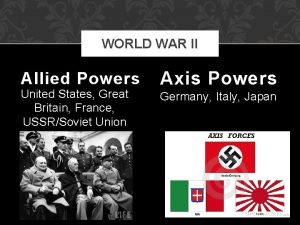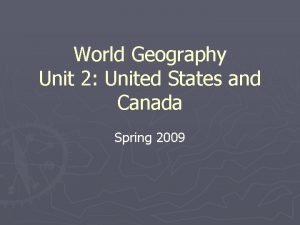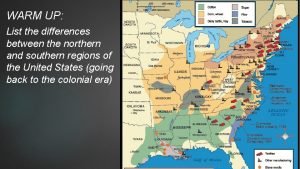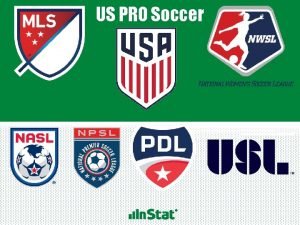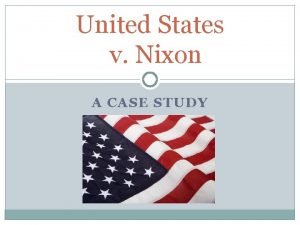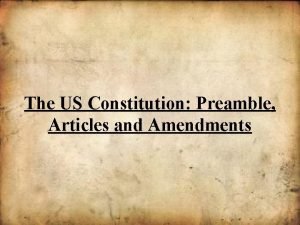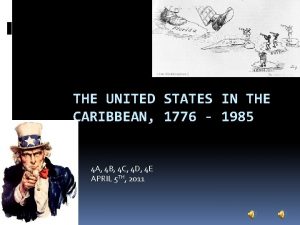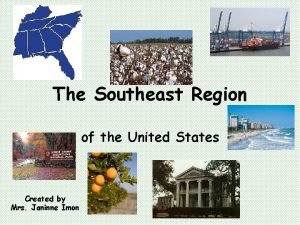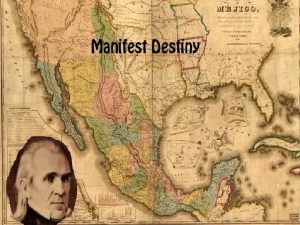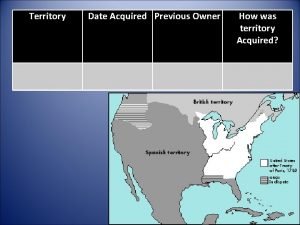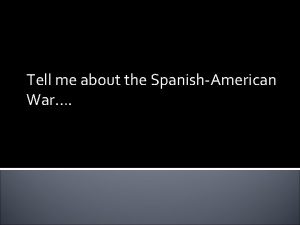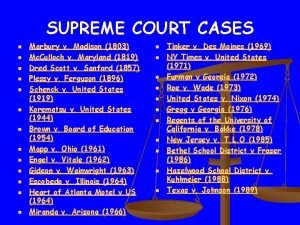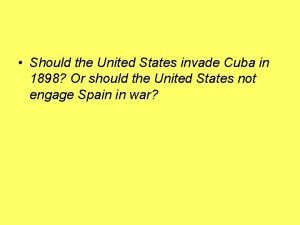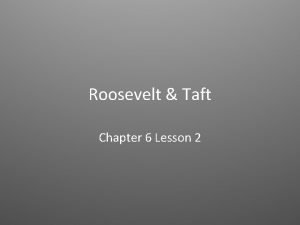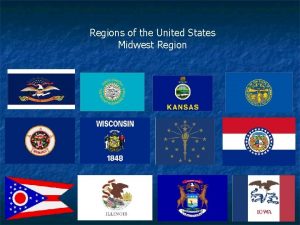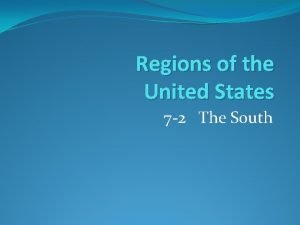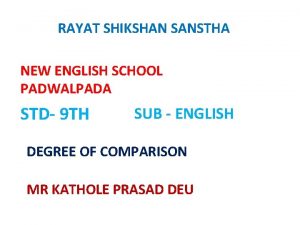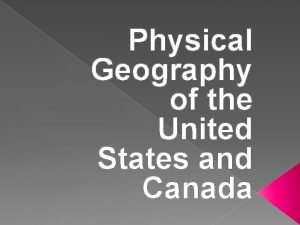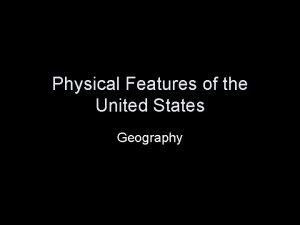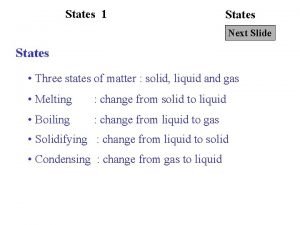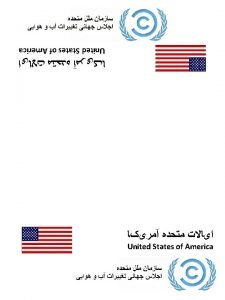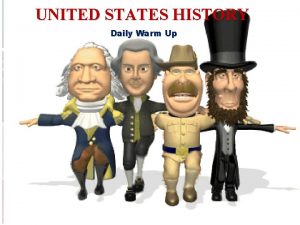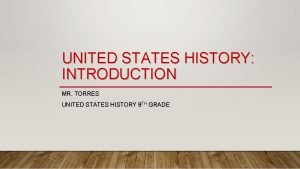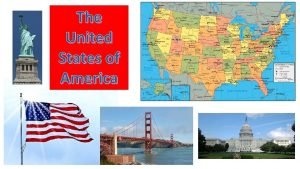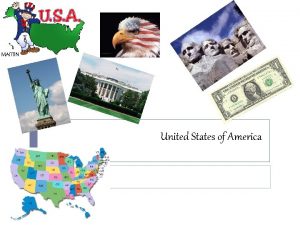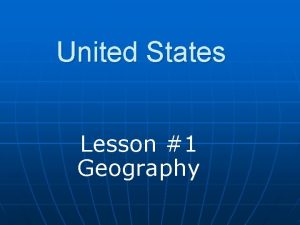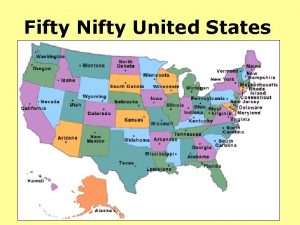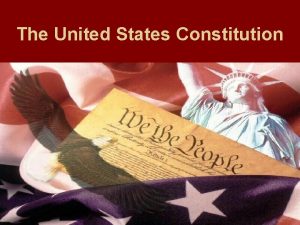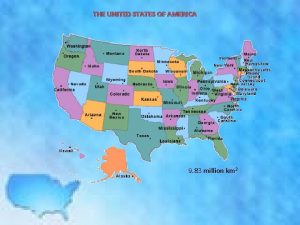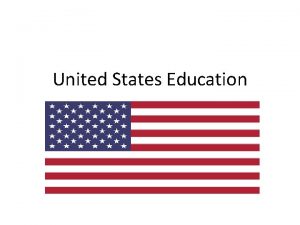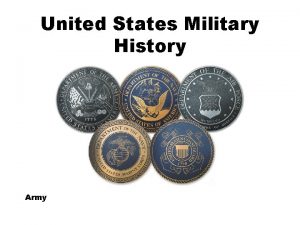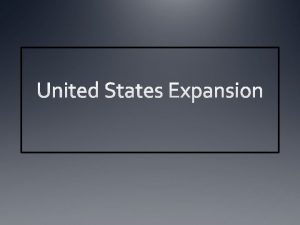The Media The Media State United States is





















- Slides: 21

The Media

The Media State • United States is world’s first media state • Each year, the average American adult spends 1824 hours at work 2737 hours sleeping 3256 hours exposed to the media • Americans experience multiple media exposures simultaneously Copyright 2011 Cengage Learning 2

The Media’s Functions • Entertainment • Reporting the news • Identifying public problems • Setting the public agenda • Investigative function • Socializing new generations • Providing a political forum • Making profits Copyright 2011 Cengage Learning 3

History of the Media in the U. S. • Rise of the political press • Development of massreadership newspapers • Popular press and yellow journalism • Age of the electromagnetic signal Copyright 2011 Cengage Learning 4

Revolution of Electronic Media • Cable TV • Narrowcasting • Talk show politics • The Internet • • Broadcasting Blogging Podcasting Social media Rush Limbaugh AP Photo/Lennox Mc. Lendon Copyright 2011 Cengage Learning 5

Number of Years After Introduction to Attract Fifty Million Users Copyright 2011 Cengage Learning 6

The Primacy of Television • Currently the most influential type of media is television. • Internet is gaining quickly • In 1963, the major networks devoted only 11 minutes a day to national news (a 15 minute show minus ad time). Today it’s about three hours. • Many all-news channels are also available. Copyright 2011 Cengage Learning The Daily Show often features political guests. Courtesy of The Daily Show 7

The Primacy of Television (cont) • Television influences the political process • Viewers can actually see news and history as it is happening • Relies more on pictures than words • Pressure to sensationalize or trivialize Copyright 2011 Cengage Learning The Kennedy-Nixon debates in 1960 The Library of Congress 8

The Media and Political Campaigns • Voters now receive most information from electronic media, especially television. • Three types of campaign television coverage • Advertising • Management of News Coverage • Planning political events to accommodate the press • Developing a good working relationship with reporters • Convincing the media to put the right “spin” on a story • Political Debates Copyright 2011 Cengage Learning 9

The Media and Political Campaigns (cont) “On the Internet, nobody knows you’re a dog. ” • Political campaigns and the Internet • Rise of social media © The New Yorker Collection 1993 Steiner from cartoonbank. com. All rights reserved. Copyright 2011 Cengage Learning 10

Media’s Impact on Voters • Has the greatest impact on the truly undecided • “Horse race” coverage predominates • Most voters have preconceived ideas about candidates and issues • Selective attentiveness Copyright 2011 Cengage Learning 11

Atomization of the Media • Increasing concentration of national media, but audience fragmentation leads to loss of influence • Major media have lost dominance • Minor players playing increasing role • Lines becoming blurred between entertainment and politics • Comedy shows often sole source of news • Fringe media often captures public attention Copyright 2011 Cengage Learning 12

The Media and the Government • By focusing attention on controversial actions, the media can sometimes pressure the government into changing course. Copyright 2011 Cengage Learning © AP/ Wide World Photos 13

Relationship Between the Media and Recent Administrations Ronald Reagan • Dubbed “The Great Communicator, ” but could be fuzzy on specifics Bill Clinton • Knowledgeable and charming; but media often hostile George W. Bush • Tried to use AND avoid media Barack Obama • Cerebral and controlled; technologically savvy Copyright 2011 Cengage Learning 14

Government Regulation of the Media • The Federal Communications Commission (FCC) has far more control over the broadcast media than it does over print. Reverend Jesse Jackson leads a protest outside FCC headquarters. Chris Kleponis/Bloomberg News/Landov Copyright 2011 Cengage Learning 15

The Press: Legal and Constitutional Issues • Prior Restraint • For media, this equals censorship • New York Times v. United States (Pentagon Papers) • Free Press and Fair Trial • First Amendment guarantees • Libel: written defamation • Malice must be present Copyright 2011 Cengage Learning 16

The Press and the Government • Symbiotic/Adversarial relationship • • Adversaries who need each other News leaks and “backgrounders” Scoops Press conferences • Investigative reporting • The Freedom of Information Act • The Press as Target Copyright 2011 Cengage Learning 17

How Do You Get Your News? Source: The Pew Research Foundation for the People and the Press, “Public More Critical of Press, but Goodwill Persists, ” June 26, 2005 Copyright 2011 Cengage Learning 18

Controlling Ownership of the Media • Media Conglomerates • Reevaluating the rules • Government Control of Content • Control of broadcasting • The Second Gulf War and “embedded reporters” • The Public’s Right to Media Access Copyright 2011 Cengage Learning 19

Bias in the Media • Do the Media Have a Partisan Bias? • Mainstream media try to practice objectivity • But public thinks press is biased • Advocacy media is intentionally biased • A Commercial Bias? • Is the priority to inform or make a profit? • Usually means a focus on infotainment • Agenda Setting • Tells the audience what to think about Copyright 2011 Cengage Learning 20

The Politics of the Press: How Reporters and Broadcasters Describe Themselves Copyright 2011 Cengage Learning 21
 Was the united states on the axis powers or allied powers?
Was the united states on the axis powers or allied powers? Climate zones of the united states
Climate zones of the united states 36 30 line
36 30 line National premier soccer league
National premier soccer league Marshall case
Marshall case United states student association
United states student association The united states ought to provide a universal basic income
The united states ought to provide a universal basic income Preamble of us constitution
Preamble of us constitution The united states in the caribbean 1776-1985
The united states in the caribbean 1776-1985 Products of the southeast
Products of the southeast Expansion of the united states of america 1607 to 1853 map
Expansion of the united states of america 1607 to 1853 map When did nicholas novikov write the telegram
When did nicholas novikov write the telegram Mexican cession date acquired
Mexican cession date acquired Awake united states!
Awake united states! Mapp v ohio
Mapp v ohio Why did the united states invade cuba in 1898?
Why did the united states invade cuba in 1898? Guided reading activity lesson 2 roosevelt and taft
Guided reading activity lesson 2 roosevelt and taft Midwest region of the united states
Midwest region of the united states 7 regions of the united states
7 regions of the united states The united states is the greatest buyer positive degree
The united states is the greatest buyer positive degree United states and canada physical map
United states and canada physical map Physical geography of the usa
Physical geography of the usa
